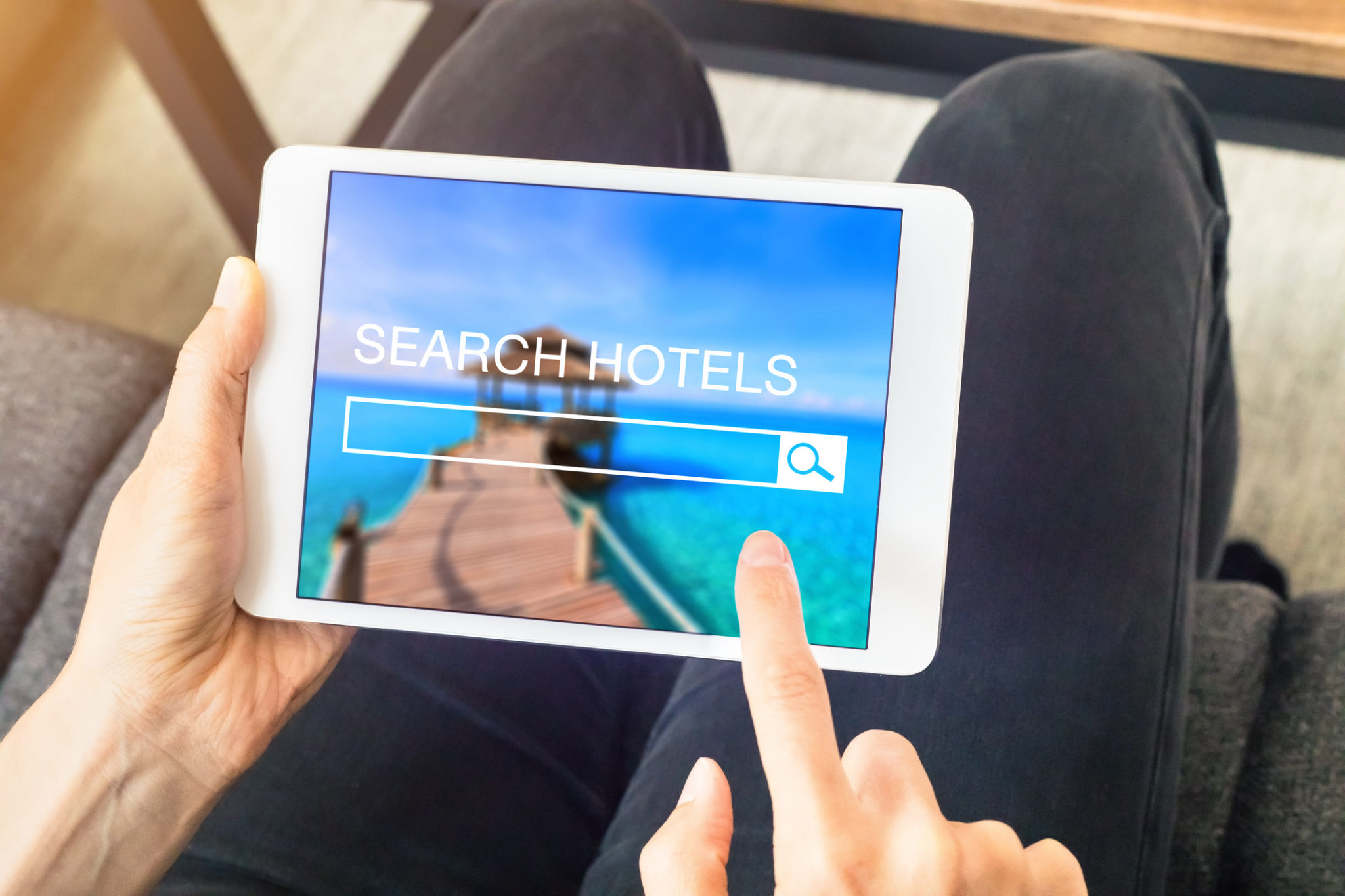On one particular business trip, Bob stayed in four different cities in one week, all at various versions of a well-known hotel chain. Upon his first check-in, he was automatically handed a cookie “for being a loyal guest.” Bob felt special. But by the fourth check-in, the cookie bit was getting old. And everyone was getting a cookie. Bob didn’t feel special anymore—or particularly loyal.
In today’s ultra-competitive hospitality market, every hotelier already understands how important a good loyalty program is to reputation and to the bottom line. If there was any doubt, the 2014 study by the Center for Hospitality Research at the Cornell School of Hotel Administration showed that loyalty programs encourage frequent guests to stay even more frequently. The study discovered a 50 percent average increase in revenue when guests joined such programs. The bottom line is, they work.
But what is it that builds loyalty? Turns out, it’s not generic instant rewards (like Bob’s cookie), but engaging guests with meaningful tokens of gratitude balanced with tending to their actual well-being.
An Engaged Guest is a Loyal Guest
Getting to know your guests face to face, figuring out what they like (and don’t like) in their service is a given in the hospitality industry. Add to this the guest profiles now available within many top Property Management Systems (PMS), and hoteliers have access to even more data, raising the bar on customization to new levels. Smart properties can benefit from this data windfall, as well they should, because according to Gallup’s 2014 Hospitality Industry study, there’s a very strong link between guests’ feelings of well-being and customer engagement. As the study shows, this engagement corresponds directly to the amount of money they spend per visit. For example, guests spent an average of $457 per visit at the hotel they stayed at most often over the past year. However, fully-engaged guests, those who identified most strongly with the hotel, spent $588 per visit compared with $403 per visit for actively-disengaged guests, those who did not identify at all—a healthy difference of $185 per guest.
Instant Gratification that Matters
Of course, while you are working on overall guest well-being, you should also consider maintaining focus (and loyalty), by offering more immediate rewards like a premium movie channel, a nice bottle of wine for an anniversary, and yes, cookies (with a personal note). Remember, it’s all about perceived value, not necessarily the dollar value of the gift. From the simple to the grand, this is where your PMS data will really come in handy in customizing some sweet perks for your guests.
Sharing the Joy
Engaged guests also offer additional advantages beyond just money spent. Since they generally have a strong emotional attachment to the hotel brand they visit most often, they tend to promote it among friends, family, and co-workers. So don’t forget to offer small incentives for posting photos and honest reviews to social media like Instagram, Twitter, Facebook and the all-important Trip Advisor. By doing so, you will help to increase your guests’ sense of well-being they receive from sharing their experience—as well as that of your business.





